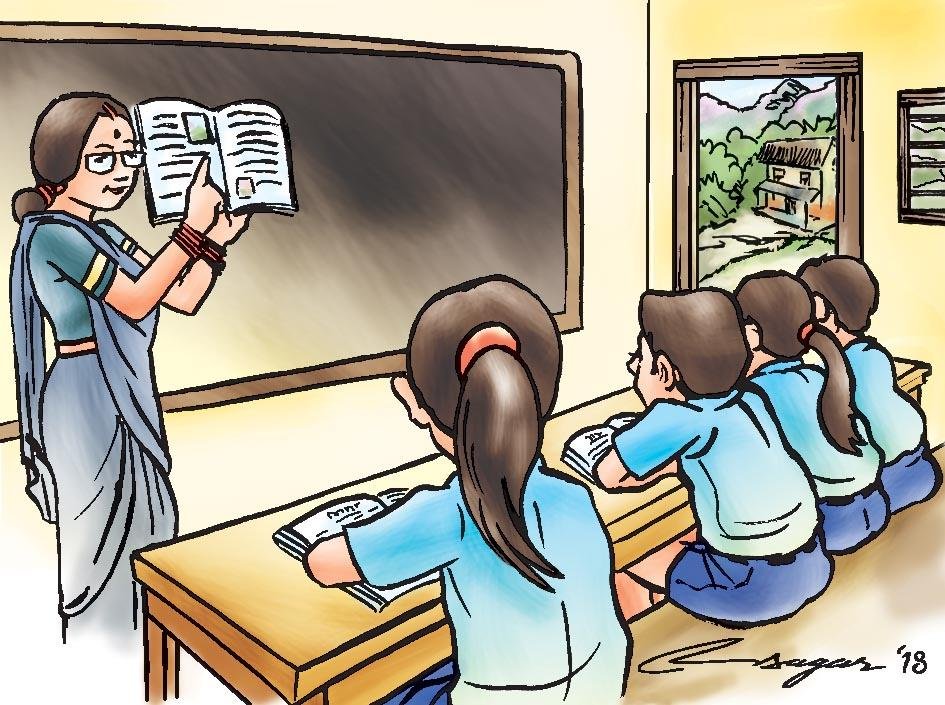The public education landscape is in a period of profound transformation, shaped by a set of powerful and interconnected forces that are redefining the future of teaching and learning. The most significant Government Education Market Trends are moving the system away from traditional, standardized models and towards a future that is more personalized, data-informed, and focused on developing the skills needed for a rapidly changing world. These trends are not only influencing pedagogical practices but are also creating massive new opportunities and challenges for the companies and organizations that serve the public education market. Understanding these key trends is essential for navigating the complex and dynamic environment of modern education. One of the most dominant of these is the ongoing shift to digital curriculum and resources. The era of the heavy, static textbook is waning, being replaced by dynamic, interactive, and continuously updated digital learning platforms. This trend is driving a massive industry-wide transition from a print-based to a subscription-based business model.
A second major trend that is fundamentally reshaping the educational experience is the rise of data analytics and personalized learning. Schools and districts are collecting more data on student performance than ever before, and there is a growing trend towards using this data to inform instructional decisions. This has created a massive market for data warehousing, analytics, and assessment platforms that can help educators make sense of this information. The ultimate goal of this trend is to enable personalized learning, where technology is used to tailor the educational experience to the individual needs, strengths, and interests of each student. This involves the use of adaptive learning software that can adjust the difficulty and content of lessons in real-time based on a student's responses. This trend represents a fundamental shift in the instructional model and is a major driver of innovation and investment in the EdTech sector.
Finally, two critical trends are emerging that focus on the broader context of education: the emphasis on "future-ready" skills and the growing focus on student well-being. There is a growing consensus that the traditional academic curriculum is not sufficient to prepare students for the complexities of the modern workforce and society. This has led to a major trend towards integrating so-called 21st-century skills—such as critical thinking, collaboration, creativity, and communication—into the curriculum. This is creating a market for new types of instructional materials and project-based learning platforms. At the same time, there is an increasing recognition of the importance of students' social-emotional learning (SEL) and mental health. This has created a significant and rapidly growing market for SEL curriculum, mental health screening tools, and other services designed to support the well-being of the whole child. These trends reflect a broadening of the definition of a quality education, and they are creating new and important areas of opportunity within the government education market.

